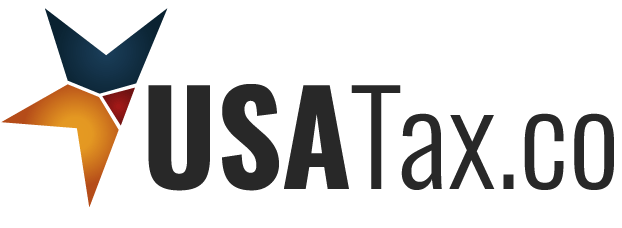FBAR Reporting on FinCEN Form 114 for U.S. Expats Banking in Colombia.
FBAR filing as an expat in Colombia means reporting your foreign financial account information and staying in compliance with U.S. law.
If you live or do business in Colombia, it is likely that you have a checking account (cuenta corriente) or a savings account (cuenta de ahorro) with Bancolombia, Scotiabank Colpatria, Banco Davivienda, or another local financial institution.
Subsequently if you have a foreign bank account(s), where the value of the account(s) exceeds the equivalent of $10,000 at any time during the calendar year, you must comply with the FBAR provision of The Bank Secrecy Act (BSA).
In other words, if you have a total of $10,000 either in one account or in total across multiple accounts, you are required to file Form FinCen 114a each year. For example, if the Colombian peso amount you have across multiple accounts converts to $5,000 in one account, $2,000 in a second account, and $3,000 in a third account, the total is $10,000 for FBAR purposes and you must report.
In calculating the value of your foreign accounts, you also need to consider the accounts that don’t name you as the actual owner, but where you do have signature authority as a co-signer or co-owner. This means that although you are not the sole account owner, you have the authority to withdrawl money from an account that may owned by another individual such as a friend, family member, business, etc.
When filing the FBAR FinCen 114, you must use the specific IRS-approved currency conversion rates from Colombia peso to USD. At USATax.co, FinCen 114 and all applicable foreign currency conversion to USD is part of our multiplex category, or you may request it separately.
What is The Bank Secrecy Act (BSA)?
You may be wondering why you have to report how much money you have in foreign bank accounts if the amount is more than $10,000. The BSA is one of the first laws passed by Congress back in 1970 to fight against money laundering in the U.S. In addition to requiring individuals to report, this act also requires businesses to keep records and report.
The FBAR provision identifies as a financial account, who has authority over that account, and how the maximum value of a foreign currency is translated into USD are only a few of the complexities involved in BSA reporting.
FBAR Filing As an Expat with USATax.co
Keep in mind, FBAR filing only requires you to report, so there is no tax due for this. However, there are civil monetary penalties and criminal penalties for not filing. If you missed an FBAR filing deadline and haven't been contacted by the IRS yet, there is certainly an opportunity for you to still file with minimal or no penalties.
If you’re looking for reliable and expert professionals for your next FBAR filing, get in touch with USATax.co to get started on your onboarding consultation.
